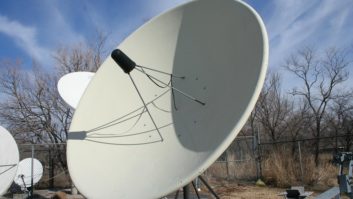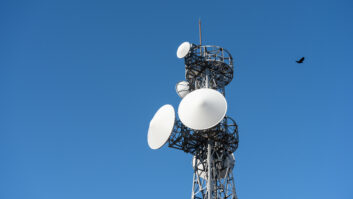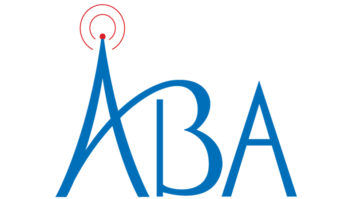As the FCC and other global organizations discuss the potential reallocation of C-band spectrum to assist with the deployment and performance of 5G technologies, the World Broadcasting Unions has released its official position on what any reallocation of the spectrum used for Fixed-Satellite Services would mean for TV and radio broadcasters around the world. In short, WBU believes it would be a significant issue.
“The recent regulatory inquiries by the U.S. Federal Communications Commission on the potential reallocation of some of the existing C-band downlink allocation (5G services) is a concern for the members of the WBU,” the organization’s position paper reads. “Given the ubiquitous use of C-band spectrum around the world and its potential to provide new services, such U.S. regulatory activity will likely be pursued by other administrations. Any subsequent proposals to globally harmonize the use of these frequencies above 3600 MHz for IMT, argued for on the basis of national reallocations, do not reflect the realities of global satellite service usage.”
[Read: NAB’s McFadden Warns Against Negotiating Available C-Band Spectrum]
Among the primary concerns of the WBU in the event of spectrum reallocation is the potential compromise of existing distribution and collection systems both domestically and internationally. It believes this could be particularly impactful in countries with equatorial geography and high rainfall, which often don’t have viable FSS spectrum alternatives to provide the same level of performance. WBU also contends that some direct-to-home services using C-band in these regions could be affected.
The WBU also worries that in the event of reallocation for the downlink C-band spectrum, the “twinned” uplink C-band frequencies may also be tapped at some point for reallocation.
“In all likelihood, harm will be done to existing C-band users and the solutions will compromise service reliability and increase the costs to the broadcast community,” WBU states.
“While improvements in satellite technology have made the use of C-band spectrum by broadcasters more efficient and effective for both content collection and distribution, there has been real C-band traffic growth over the years, which makes this spectrum crucial to broadcasters today as it was 50 years ago.”
[Subscribe to our newsletter and get it delivered right to your inbox.]







